My POV on Trove Acquiring Recurate
August 21, 2024
Last week the news broke that two resale software companies combined forces: Trove acquired Recurate. I have a unique perspective to share on this acquisition as I have in-depth experience working with both of these companies.
I worked in partnership with Trove when they launched recommerce-as-a-service in 2017. I was working at EILEEN FISHER, Inc which was one of three brands to launch online resale with Trove including Patagonia and REI. To my knowledge, these were the first three online branded resale programs, and Trove launched them all. That is to say, they built the software to create an online resale experience where people could buy used items directly from a brand. We, at EILEEN FISHER, Inc, took back used items from our customers, cleaned them and then sent them to Trove to be photographed and placed for sale online. In total, I worked closely with the Trove team for four years.
On the Recurate side of things, I left my job at EILEEN FISHER, Inc in 2021 for a job at Recurate where I was the VP of Brand Success. Basically, I worked with Recurate’s brand partners to launch and optimize their online branded resale programs. When I joined Recurate, they were one of the only software providers focused on branded peer-to-peer resale, meaning a brand’s online store would host a resale shopping experience, but the products are being bought and sold between customers directly. Peer-to-peer, or P2P, is a great way for a brand to try out resale without having to handle products themselves because everything is going through their customers. It’s a very different model from Trove’s original and dominant model that is based on taking back product from customers, cleaning and selling them from the brand themselves or with the support of a third-party fulfillment partner.
Both models, P2P and take back, have advantages and disadvantages, and it has been my belief for a while that brands stand to benefit from offering their customers both models for their customers to choose from. The P2P model requires a bit more effort on the customer’s part, but they get a greater reward in terms of payout. In many cases, they receive 100% of the selling price as a brand credit. In the take back model, because there are more costs associated for the brand in handling and processing those items, the seller or customer gets less of a credit in return, but it is also less hassle on their part. I think it’s a very fair trade off, either you do more work and you get more reward or you do less work and you get less reward. Different people fall on different sides of this line, depending on their willingness, patience, available time, etc. I personally fall on the take back side as I do not have the patience to sell things myself. On the other hand, I love to buy things from individuals on P2P platforms.
I worked at Recurate for about 18 months and experienced firsthand the pros and cons of P2P resale, but more often than not brands were interested in having a mix of P2P, take back and brand supply (which means they wanted to sell items they couldn’t sell as new, like damages, some returns, items from store displays, etc). As brands become invested in the idea of resale for their products many avenues open up including monetization of otherwise unsellable goods and customer acquisition and loyalty.
Coming back to this acquisition, it’s been clear to everyone close to this industry that there are many resale software vendors offering similar services, and the services aren’t differentiated enough for brands to really understand who is the best choice. When you have multiple service providers offering almost the same thing, the decision usually comes down to price and the likability of the sales team, which in my opinion is a missed opportunity. I would like to see all the vendors truly differentiate themselves in ways that are obvious to the brands they are pursuing. This lack of clarity has been especially true of Trove, Archive and Recurate, who have all been offering similar services to a similar group of brands with the exception that Trove was not really offering peer to peer resale, that is until last week. Now that Trove and Recurate are one, Trove can offer P2P resale to its brand partners, which includes some very large companies like Patagonia, REI, Levi’s, On Running, Lululemon, etc, and Recurate can offer Trove’s suite of services to their brand partners as well, including Michael Kors, Outerknown, Clare V and Peak Design (which many of you may have never heard of as they are a slightly niche photography accessory brand, but they have one of the most successful P2P resale programs I have ever seen).
I will get on my soapbox for one minute to say I believe Patagonia resale program, Worn Wear, which is currently take-back focused, should have a P2P offering as well. I believe that Patagonia’s community of customers are a perfect case for P2P which does best when customers are loyal and trusting of each other. I can’t imagine a better use case for P2P than Patagonia. I hope they will take the opportunity to add P2P to their offering now that Trove has acquired Recurate’s P2P functionality.
I think this acquisition makes a lot of sense and will help clean up the playing field a bit, although for many brands and especially large ones, trying to decide what provider to use for resale will still be a tough decision not to mention other resale software companies becoming more competitive on the sidelines.
My 2 cents,
Cynthia

